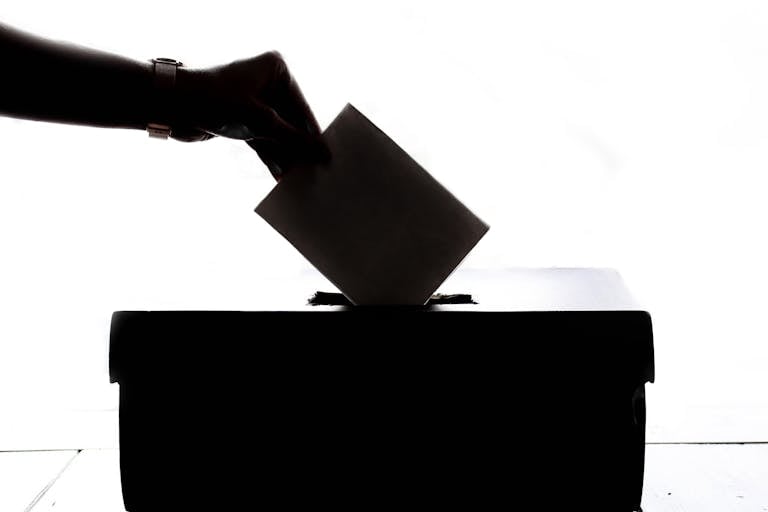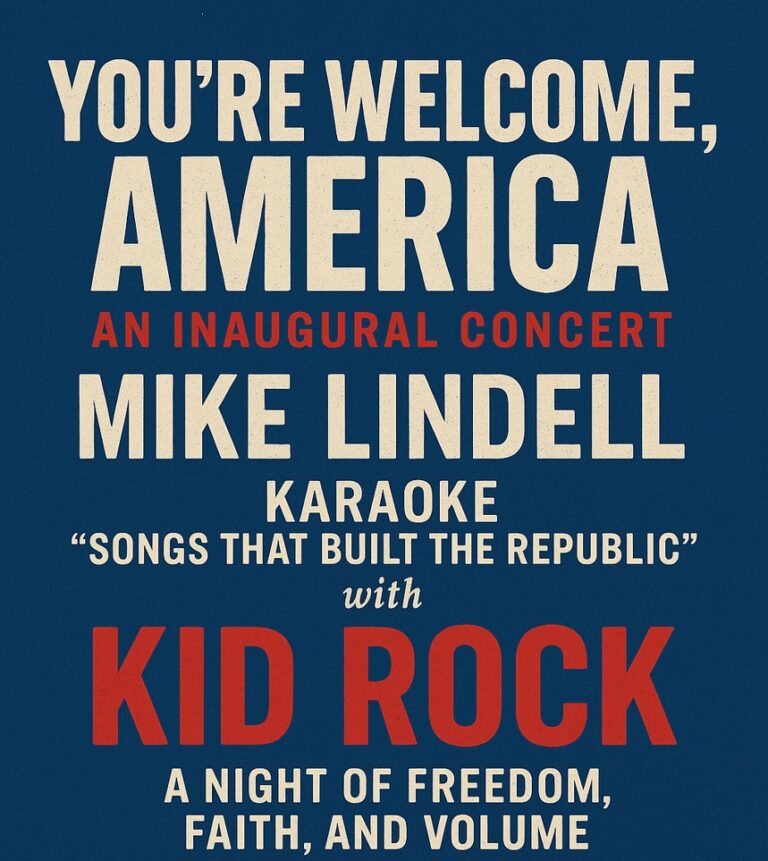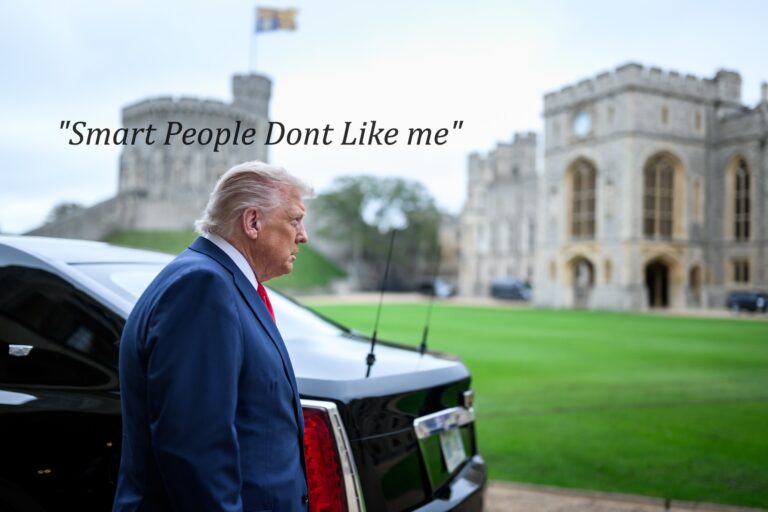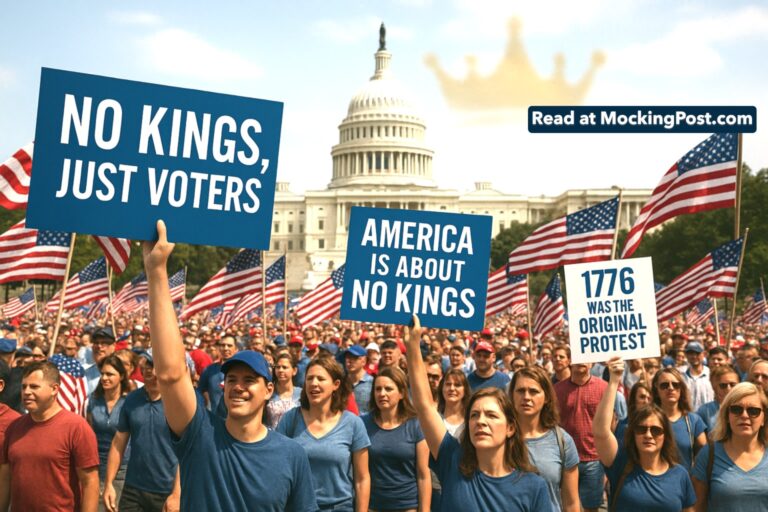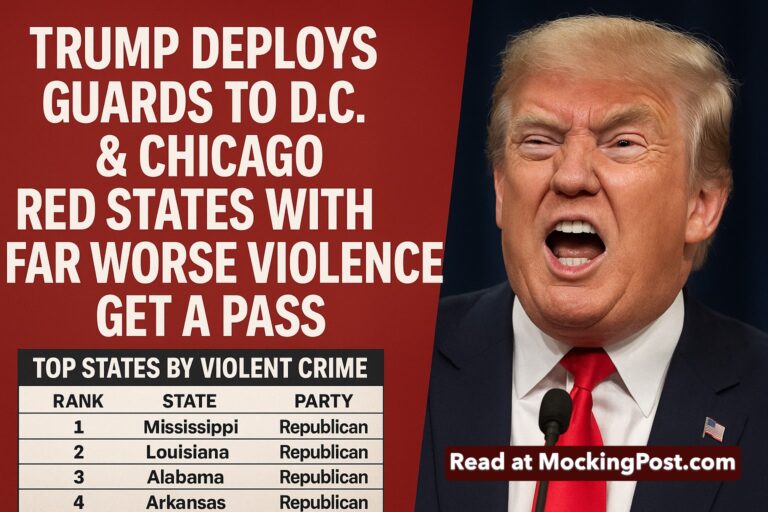New Tariffs Help Americans Pay More, Feel Patriotic Doing It
Norman Mockwell
Founding Mockitor
Editor-at-Large
Supporters say higher tariffs punish China — economists say they mostly punish checkout lines in Ohio. Either way, someone’s winning. It’s not you.
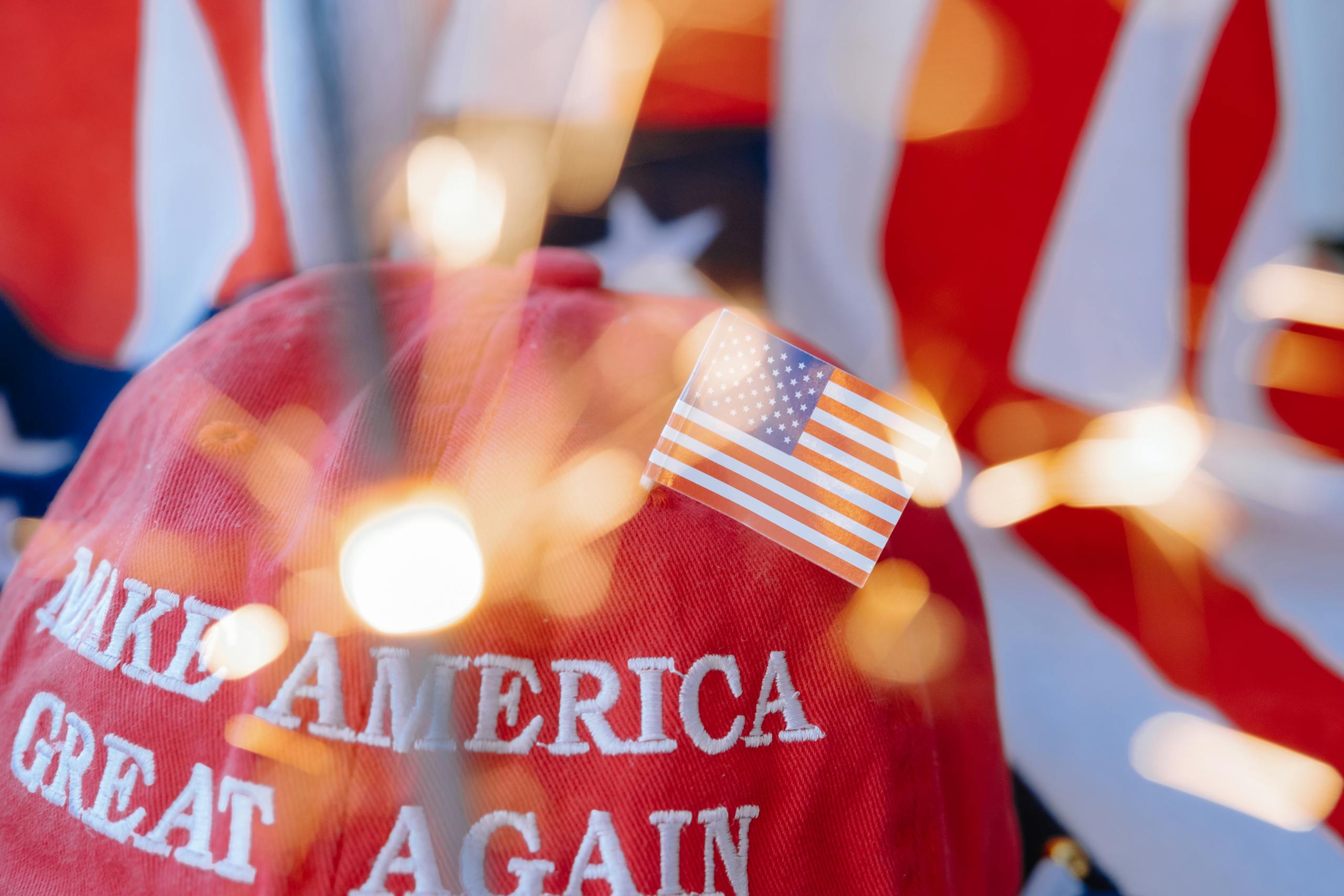
PHOENIX, AZ — In a sweeping new trade strategy, supporters of increased tariffs have embraced the policy not for its economic precision, but for its emotional satisfaction.
“Every time I pay $34 for a phone charger, I feel like I just punched China in the face,” said Roger Kilpatrick, a flag polo enthusiast from rural Kentucky. “Sure, it used to be $12, but now it’s freedom-priced. Hate paying taxes, but if you rename it tariff, I’m for it because it has more letters!”
Tariffs — essentially taxes on imported goods — are billed by some politicians as a way to “make other countries pay.” However, economists, retailers, and even a laminated sign at a local Dollar General have clarified: the increased cost is actually paid by American consumers at the point of purchase. When asked if this was understood, many supporters nodded confidently while holding bags of $7 avocados and $150 work boots made in Indonesia.
“I don’t mind paying more if it means we’re showing strength,” said Brenda Voss, who recently financed a toaster oven. “Besides, the Chinese are probably jealous of how expensive our stuff is now.”
While trade wars were once considered complex geopolitical negotiations, the modern interpretation has been streamlined for ideological convenience. “If it’s made somewhere else, tax it. If it’s expensive, blame somewhere else. If it backfires, call it resilience,” said nobody officially — but everyone on a certain message board.
Meanwhile, small business owners, corporations, and farmers have quietly reported increased supply costs, reduced global demand, and higher consumer resistance. “We were told tariffs would bring jobs back,” said one machinery supplier. “Turns out they just brought Excel sheets full of red numbers.”
At press time, Roger Kilpatrick had posted a Facebook meme reading, “If you can’t afford it, you must not love America enough.”







